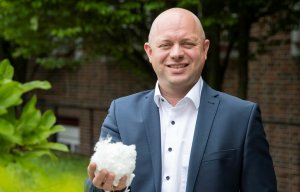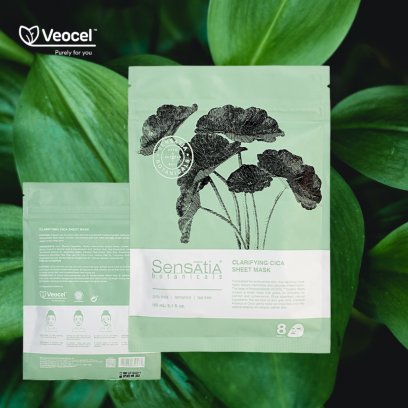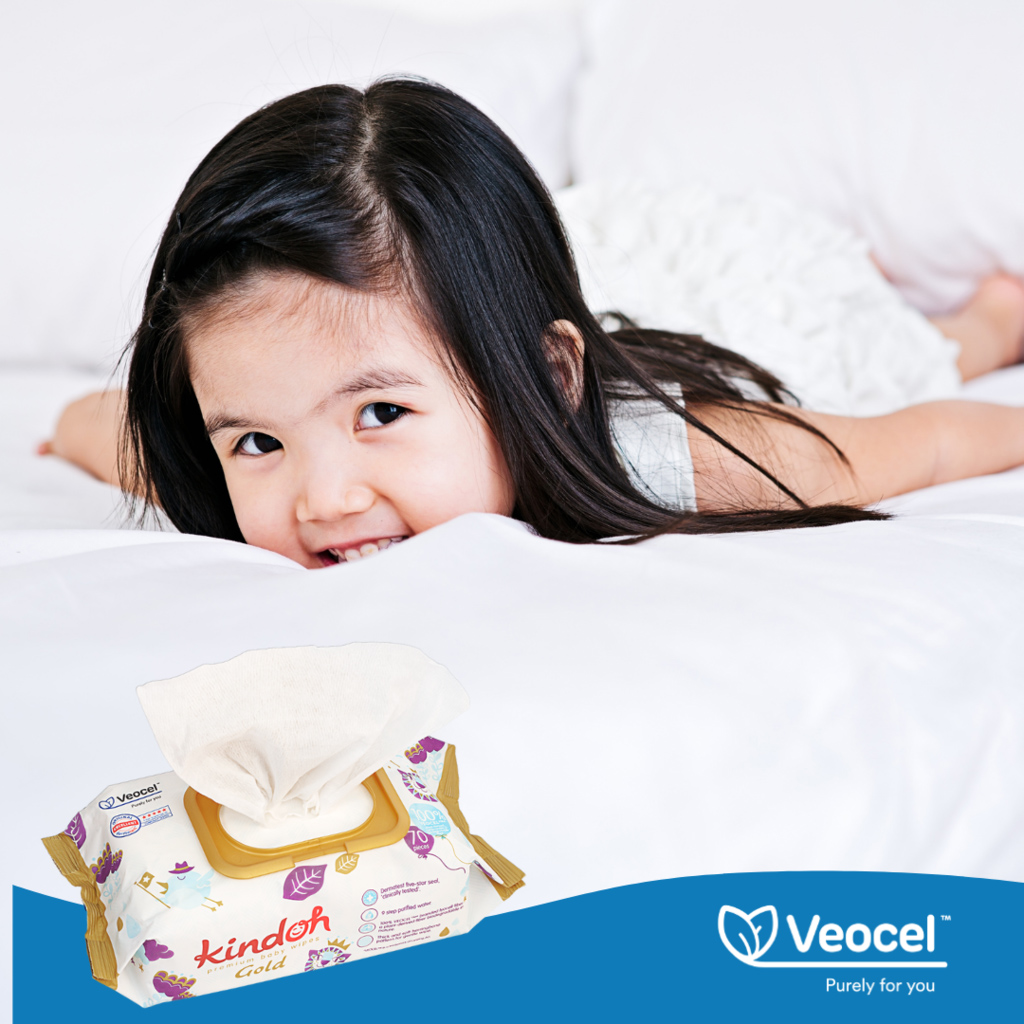
Reassurance with Veocel Beauty fibres
As people spend more time at home, they are prioritising self-care, and investing in products which will improve their personal well-being.

5th August 2021
Innovation in Textiles
|
Lenzing, Austria
The hygiene components market is predicted to grow to US$92.5 billion by 2022, and the facial sheet masks market to reach $14 billion by 2030.
This strong market growth is reflected in Lenzing’s Veocel success in Asia, where it has recorded double-digit growth in the last year compared to the pre-pandemic period.
It is expected that the high demand for personal hygiene products in Asia will continue even after the pandemic’s immediate impact lessens, while high growth is also forecast for the the beauty care segment.
The beauty care product trend has started to gain more prevalence in Southeast Asia driven by the rise of environmental consciousness among younger consumers and Veocel has been actively expanding its partner and customer networks in the region.
“We have observed a significant behavioural change in consumers since the beginning of the pandemic,” said Steven Tsai, senior regional commercial director for Lenzing Nonwovens on Asia. “As people spend more time at home, they are prioritising self-care, and investing in products which will improve their personal well-being. Globally, Veocel has three core segments – personal hygiene, beauty care, and wipes – and in Asia specifically, we are seeing high growth potential in the beauty care segment, with an increased demand for facial sheet masks and facial cleansing wipes, as well as in the hygiene market, where more consumers are prioritising their health and cleanliness.”
Since the introduction of the Veocel certification criteria in July 2019, the brand logo has been featured on personal hygiene and beauty care products made from cellulosic and biodegradable fibre materials.
This created an important benchmark for the industry, which is now represented by a robust brand partner portfolio across Asia.
Veocel branded lyocell fibers are currently used in Asian facial sheet mask brands like Annie’s Way, Sensatia Botanicals and Watsons’ HA facial sheet mask collection.
Facial sheet masks made of these fibres are not only naturally smooth and certified clean and safe, but they are also of 100% botanic origin and produced using eco-responsible production processes.
Lenzing’s patented Translucency technology further complements the fibre’s features, providing a tender luxurious feeling on the skin and a premium level of fineness.
Feminine hygiene product brands such as Yejimiin Forest Story in Korea and Kotex Nature in China also use 100% Veocel branded lyocell fibres as the top sheet of their sanitary napkins. The recent launch of Veocel branded lyocell fibers with patented Dry technology will be especially beneficial for products which need to provide a feeling of dryness for the wearer, ensuring great comfort.
SUPD
With Veocel branded fibres confirmed by the European Commission’s Single-Use Plastics Directive (SUPD) in June 20213 as sustainable alternatives to single-use plastics in many everyday applications, the brand envisages further new business opportunities in Asia.

“The EU SUPD has set a new industry standard which is expected to positively impact Asia as well,” Tsai said. “We hope the directive will encourage brands and business partners to re-evaluate global best practices and switch to more eco-friendly alternatives. We believe the demand for sustainable non-plastic nonwovens from renewable sources will continue to increase. We are currently exploring the unlimited possibilities of eco-friendly nonwovens fibre to support the growing demand for sustainable materials in Asia.”
Lenzing Group reported a significant improvement in revenue and earnings in the first half of 2021.
Revenue rose by 27.5% to €1.03 billion in the first half of 2021, primarily attributable higher viscose prices, and also significantly higher demand for fibres, especially in Asia.
Net profit for the period amounted to €96.1 million compared to a net loss of –€14.4 million in the first half of 2020.

Business intelligence for the fibre, textiles and apparel industries: technologies, innovations, markets, investments, trade policy, sourcing, strategy...
Find out more